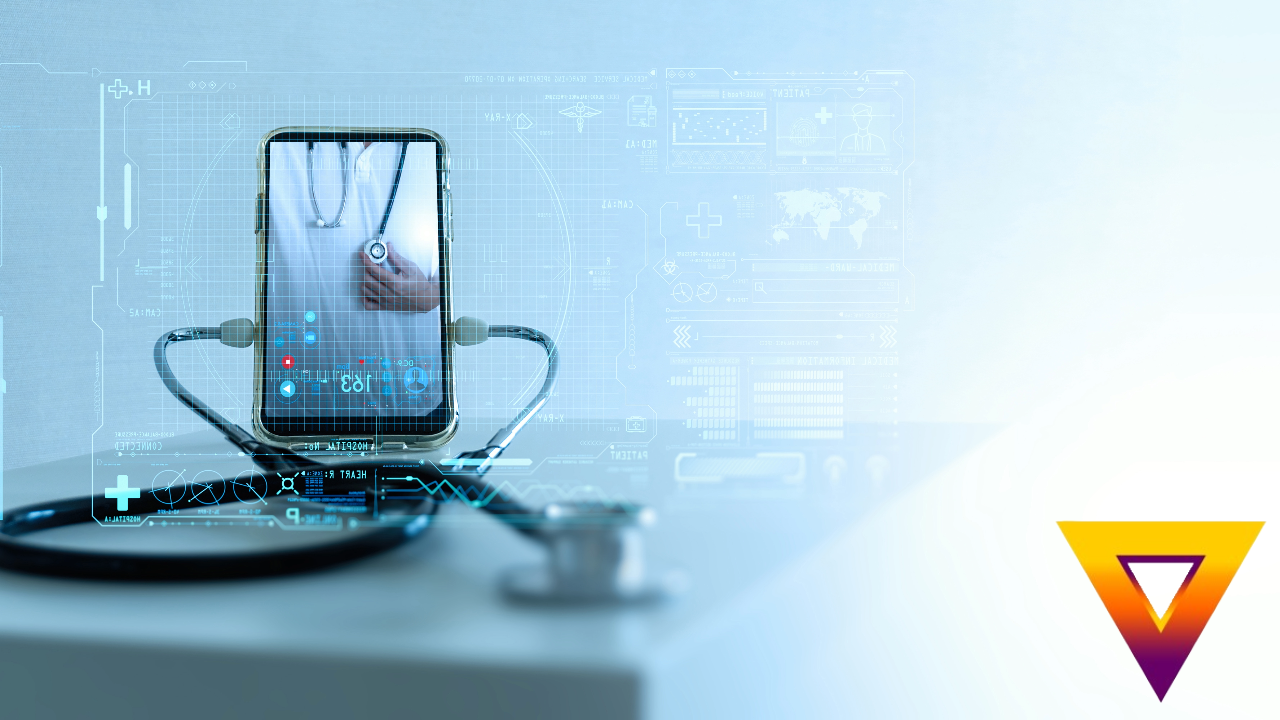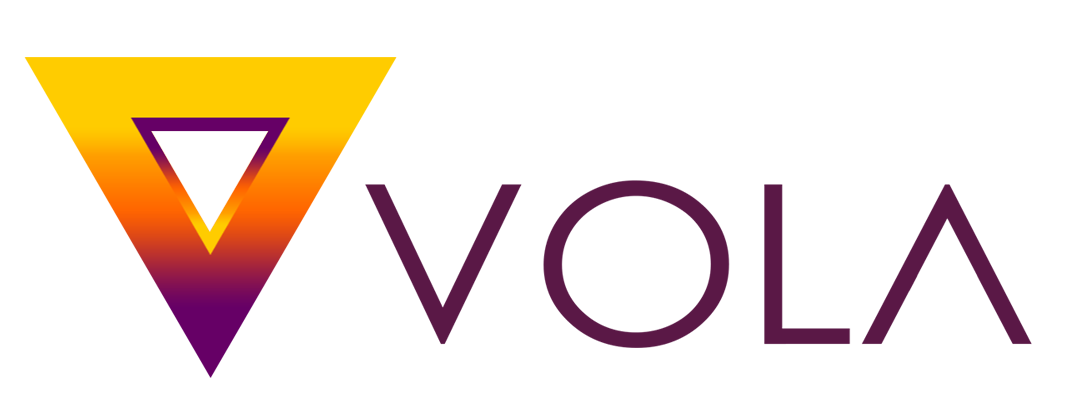
The Evolution of mHealth: Mobile Technology in Patient Care
We’re living in a world where our mobile devices have become integral to our daily lives, from shopping and entertainment to work and communication. It’s no surprise then that this revolution has extended to healthcare, giving birth to ‘mHealth’ or ‘Mobile Health.’ As a rapidly emerging field, mHealth has the potential to transform healthcare delivery by making it more accessible, efficient, and personalized.
Mobile technology has radically transformed many aspects of our lives, from how we communicate to how we shop and access information. Healthcare is no exception, with mobile health or “mHealth” solutions steadily changing how patients monitor their health, access care, and engage with providers.
The concept of mHealth broadly encompasses the use of mobile devices like smartphones, tablets, and wearable devices for health services and information. While mHealth has its roots in the 1990s with early technologies like PDAs and pagers, the widespread adoption of smartphones and health apps over the last decade has been a true tipping point. There are now over 300,000 mHealth apps available, and global mHealth revenues are projected to reach $189 billion by 2025.
But mHealth is much more than just apps – it is transforming the patient experience, provider practices, and models of healthcare delivery. mHealth presents tantalizing opportunities but also complex regulatory, privacy, and interoperability challenges. This blog series will take a comprehensive look at the development of mHealth to date and explore where it is heading in the future.
We will examine topics like the rise of wearable devices, mHealth regulations, leveraging big data analytics, fostering patient engagement, addressing healthcare disparities, and integrating mHealth with electronic health records. The blog will conclude with an outlook on the most promising areas for mHealth innovation and the remaining obstacles to realizing its full potential.
1. The Rise of mHealth: Over the past decade, mHealth has significantly transformed the healthcare landscape, marked by a surge in mobile device usage and the emergence of a multitude of health-related applications. Today, it’s hard to imagine a world without an app for every health concern – from tracking physical activity and heart rate to managing complex chronic conditions such as diabetes or hypertension. Not just smartphones, wearable devices like fitness trackers and smartwatches have also become ubiquitous, offering additional channels for health data collection and interaction.
2. Access and Affordability: One of the standout benefits of mHealth is its role in democratizing healthcare access. With the provision for virtual consultations, patients can now interact with healthcare professionals without leaving their homes. Remote health monitoring not only saves time but also alleviates the financial burden of regular travel to healthcare facilities.
3. Patient Engagement and Empowerment: mHealth offers the tools necessary for patients to become active participants in their health journey. From simple health-tracking apps to more specialized tools, mHealth empowers individuals with critical data about their health, thus fostering self-awareness and proactive behavior.
4. Remote Patient Monitoring: The advent of mHealth has transformed the patient-doctor dynamic. Through advanced technology, healthcare providers can now monitor their patients’ health remotely, eliminating the need for frequent in-person visits.
5. Data Collection and Analytics: mHealth apps act as efficient data collection tools, amassing a wide variety of health data. These vast data sets can be analyzed using advanced analytics and machine learning algorithms, paving the way for personalized health advice.
6. mHealth in Public Health: mHealth plays a crucial role in the public health domain. Its potential was clearly demonstrated during the recent COVID-19 pandemic. mHealth apps were effectively used for contact tracing, delivering accurate and timely information to the public, and monitoring the spread of the virus.
7. Security and Privacy in mHealth: With great power comes great responsibility. mHealth, while offering numerous benefits, also grapples with concerns related to data security and privacy. Protecting patients’ sensitive health data is paramount in the mHealth space. Compliance with data protection laws, implementing stringent security protocols, and ensuring encryption of data in transit and at rest are crucial elements in establishing and maintaining user trust.
8. Interoperability: Interoperability is a cornerstone of mHealth success. The ability of different IT systems and software applications to communicate, exchange data, and use the information that has been exchanged is key to delivering comprehensive patient care. Effective interoperability ensures that data collected through mHealth apps can be integrated with electronic health records and other health information systems.
9.Regulations and Compliance: As the mHealth domain expands and matures, it’s essential that it operates within a robust regulatory framework. Adherence to regulations such as the Health Insurance Portability and Accountability Act (HIPAA) in the U.S., or the General Data Protection Regulation (GDPR) in Europe, is crucial for ensuring patient safety and data protection.
10. The Future of mHealth: Looking towards the future, mHealth is expected to play an even more pivotal role in healthcare. Emerging technologies such as Artificial Intelligence (AI), the Internet of Things (IoT), and 5G are set to unlock new possibilities in mHealth. Real-time health tracking, AI-powered predictive analytics, and advanced telemedicine services are just a few examples of what the future might hold.
The integration of mHealth and EHRs is a complex challenge, but the payoff for patients, providers, and the healthcare system will be immense. Seamless data interoperability will be the key to unlocking the full potential of mHealth technologies. But this requires commitment and coordinated effort across the diverse digital health ecosystem.
VOLA is dedicated to driving forward mHealth innovation, we are investing heavily in seamless integration and intuitive data visualization capabilities. Our secure platforms and APIs enable easy onboarding of mHealth data into provider workflows. We are also participating in collaborative industry efforts around standards and governance to advance interoperability.
We firmly believe the future of healthcare relies on bridging the mHealth and EHR worlds to close data gaps and inform clinical decisions. This is why we are passionate about building the technical bridges needed for the next generation of digitally-enabled, patient-centered care. We invite healthcare stakeholders to join us on this journey.
The possibilities of integrated mHealth are rapidly expanding. We look forward to collaborating across the industry to make the promise of more connected, seamless healthcare data a reality. The health of current and future generations depends on it.
Partner with a VOLA
The integration of patient-generated mHealth data into EHRs is a stepping stone to the future of connected, insight-driven care. While interoperability challenges remain, the vision of seamless data sharing is closer than ever. And patients are increasingly embracing mHealth technologies to engage in their own health journeys.
As a small but mission-driven healthcare SaaS company, we believe passionately in the power of integrated mHealth data to drive better health outcomes. Our suite of intuitive apps and APIs enables patients and providers to close the data gaps between the mHealth and EHR worlds. We dream of the day when a patient’s complete health journey is captured seamlessly across their phone, watch, EHR, and more.
No single company can realize this alone. But working together across the healthcare ecosystem, we can transform fragmented data into unified insight. We can turn burdensome documentation into informed care. And we can facilitate the promise of empowered patients and proactive, personalized treatment.
Interested in a demo to see our platform can be optimized for your laboratory needs? Contact us to schedule a demo with the VOLA team today!
Or simply enter your information here:
About VOLA
Our mission is to support the rapidly growing digital transformation of the healthcare industry. We do this by equipping medical offices and telehealth providers with customizable and affordable technology. One of our key differentiators is our ability to connect laboratory tests into the workflow of telehealth services. Additionally, we have a dedicated SaaS product line to support laboratories and laboratory marketing organizations.

